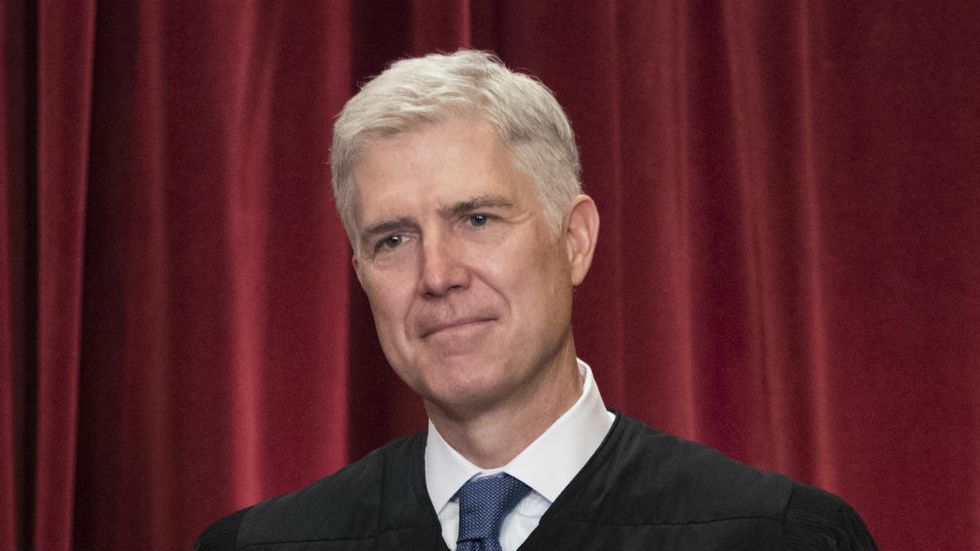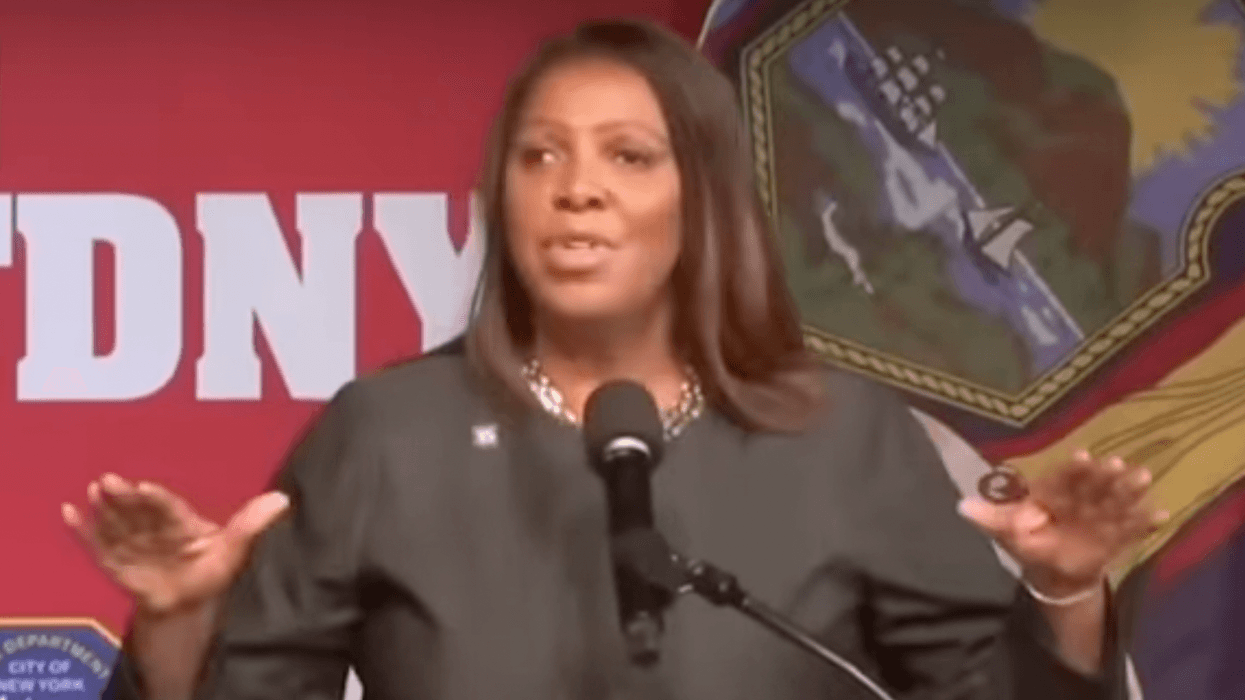
© 2024 Blaze Media LLC. All rights reserved.
Monday morning was mostly sleepy at the Supreme Court. The court still has not yet announced whether it will hear two big cases – one on religious liberty of small business owners and another on Second Amendment rights in California. There were also a few unanimous rulings, including one on a lower-profile immigration case and one about drug patents.
Today did, however, offer some more insight into what kind of justice Neil Gorsuch will be on the high bench, as Gorsuch issued his first majority opinion for the Supreme Court of the United States.
The case at hand – Henson v.Santander Consumer USA, Inc. – concerned financial practices under the Fair Debt Collections Practices Act. Before the court was the question of whether a company attempting to collect purchased debt counts as a “debt collector” under the statute. In a unanimous decision, the court ruled that it does not.
The closing section of the opinion hearkened back to Gorsuch’s confirmation hearing and his repeated answer on the role of the federal judiciary under the Constitution. During the confirmation process, his espoused beliefs about the Constitution drew cheers from Gorsuch’s originalist proponents and opposition from the likes of Sen. Kamala Harris, who stated in an op-ed that she opposed his nomination because the former 10th Circuit judge “consistently valued narrow legalisms over real lives.”
“After all,” reads the concluding paragraph of Gorsuch’s Monday opinion, “it’s hardly unknown for new business models to emerge in response to regulation, and for regulation in turn to address new business models.”
“Constant competition between constable and quarry, regulator and regulated, can come as no surprise in our changing world,” it continues. “But neither should the proper role of the judiciary in that process—to apply, not amend, the work of the People’s representatives.”
Another notable section contained a grammar lesson about what the word “owed” really means.
In the case, the petitioners claimed that the word “owed,” as the past tense of “to owe,” would have implicated the defendant in the original meaning of the statute, since Congress didn’t use the present tense.
“But this much doesn’t follow even as a matter of good grammar, let alone ordinary meaning,” Gorsuch wrote. “Past participles like ‘owed’ are routinely used as adjectives to describe the present state of a thing—so, for example, burnt toast is inedible, a fallen branch blocks the path, and (equally) a debt owed to a current owner may be collected by him or her.”
On Twitter, law professor and legal blogger Josh Blackman called the ruling a “[s]olid [first] opinion from a fitting assignment.” Though he also noted that some of Gorsuch’s humor seemed “forced,” but that “[i]t will become more natural [with] time.”
Solid 1st opinion from a fitting assignment. Odd there are no section breaks. Some whimsy seems forced. It will become more natural w time.
— Josh Blackman (@JoshMBlackman) June 12, 2017
Want to leave a tip?
We answer to you. Help keep our content free of advertisers and big tech censorship by leaving a tip today.
Want to join the conversation?
Already a subscriber?
more stories
Sign up for the Blaze newsletter
By signing up, you agree to our Privacy Policy and Terms of Use, and agree to receive content that may sometimes include advertisements. You may opt out at any time.
© 2024 Blaze Media LLC. All rights reserved.
Get the stories that matter most delivered directly to your inbox.
By signing up, you agree to our Privacy Policy and Terms of Use, and agree to receive content that may sometimes include advertisements. You may opt out at any time.



